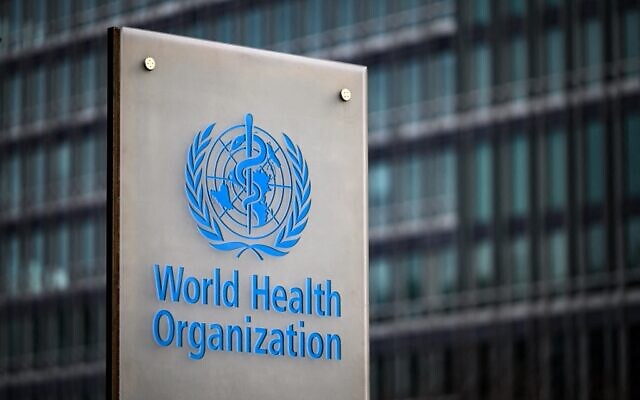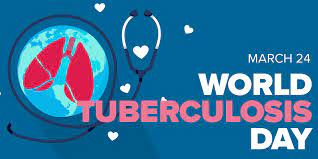High BP ups risk of heart valve disorder: study
Fri 20 Oct 2017, 12:22:15
You may have to exercise and take a proper diet daily; as high blood pressure from early life may increase the risk of developing most common heart valve disorder, particularly among older people, warns a recent study.
Researchers from the George Institute for Global Health at the University of Oxford followed 5.5 million adults in the UK over 10 years.It found that higher blood pressure in early life was associated with a significantly greater future risk of mitral regurgitation, a condition which makes the heart less efficient at pumping blood around the body and in severe cases can lead to heart failure.
Lead researcher Kazem Rahimi from The George Institute UK said that the research suggests this common and disabling valve disorder is not an inevitable consequence of ageing, as previously assumed, but may be preventable."Given the large and growing burden of mitral valve disease, particularly among older people, we believe these findings are likely to have significant implications for medical
policy and practice around the world," Rahimi added.
policy and practice around the world," Rahimi added.
Mitral regurgitation leads to a backflow of blood into the heart, causing symptoms such as shortness of breath, tiredness, dizziness and chest pain.
It is more common in older people, and may be associated with a greater risk of mortality.
Despite significant advances in the understanding of valve disease, mitral regurgitation has until now been largely considered a degenerative disorder, resulting from a weakening of the valve over time due to 'wear and tear'.
This has led medical practitioners to focus on treatment - namely surgery to repair or replace the valve - rather than prevention. The new study suggests further research is needed to test whether lowering blood pressure - through exercise, diet or blood pressure-lowering drugs - could reduce the risk of the disorder occurring.
The research is published in the journal PLOS Medicine.
No Comments For This Post, Be first to write a Comment.
Most viewed from Health
AIMIM News
Latest Urdu News
Most Viewed
May 26, 2020
Do you think Canada-India relations will improve under New PM Mark Carney?
Latest Videos View All
Like Us
Home
About Us
Advertise With Us
All Polls
Epaper Archives
Privacy Policy
Contact Us
Download Etemaad App
© 2025 Etemaad Daily News, All Rights Reserved.






.jpg)

























